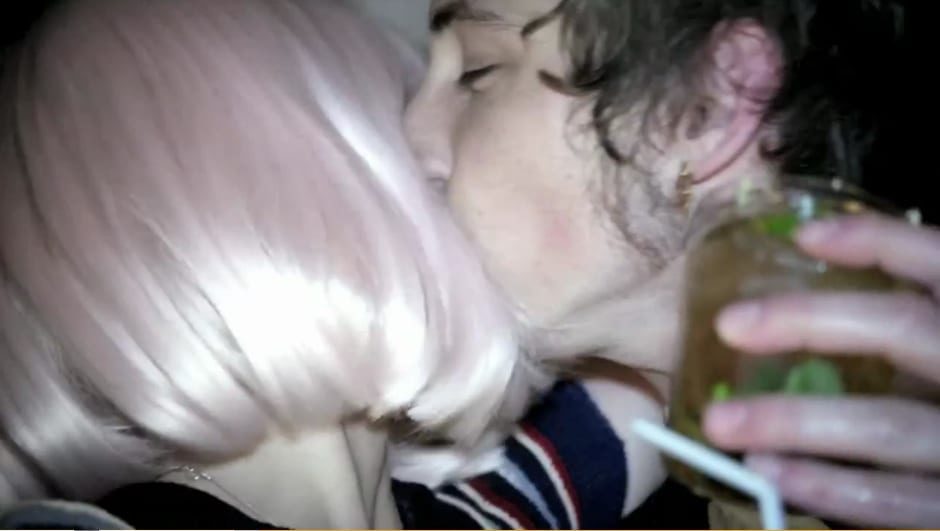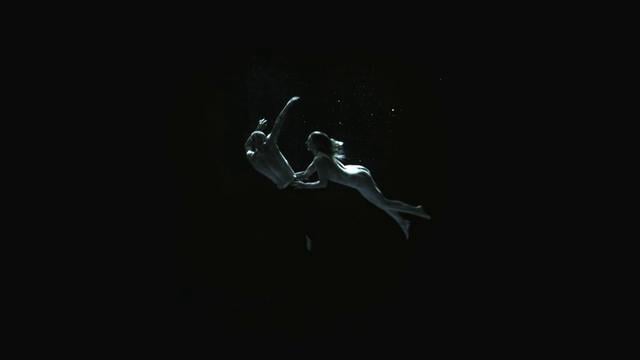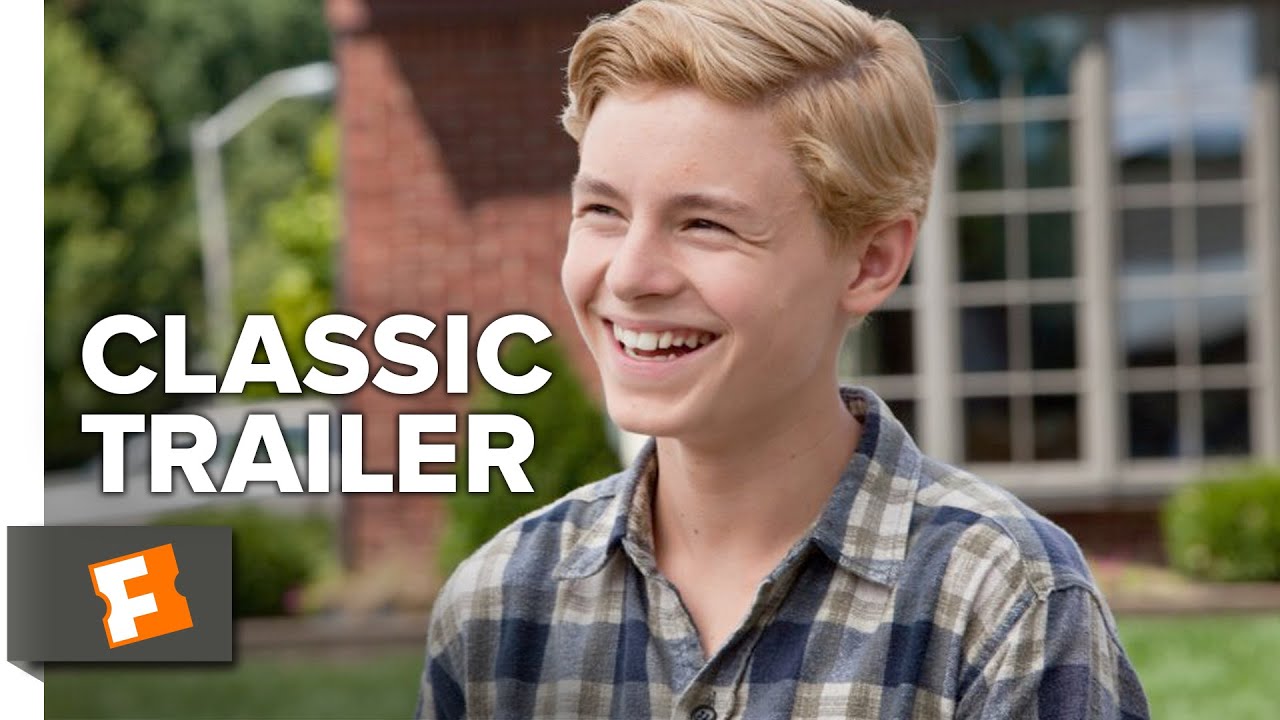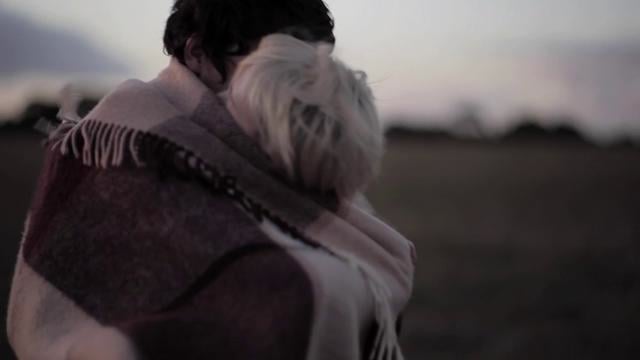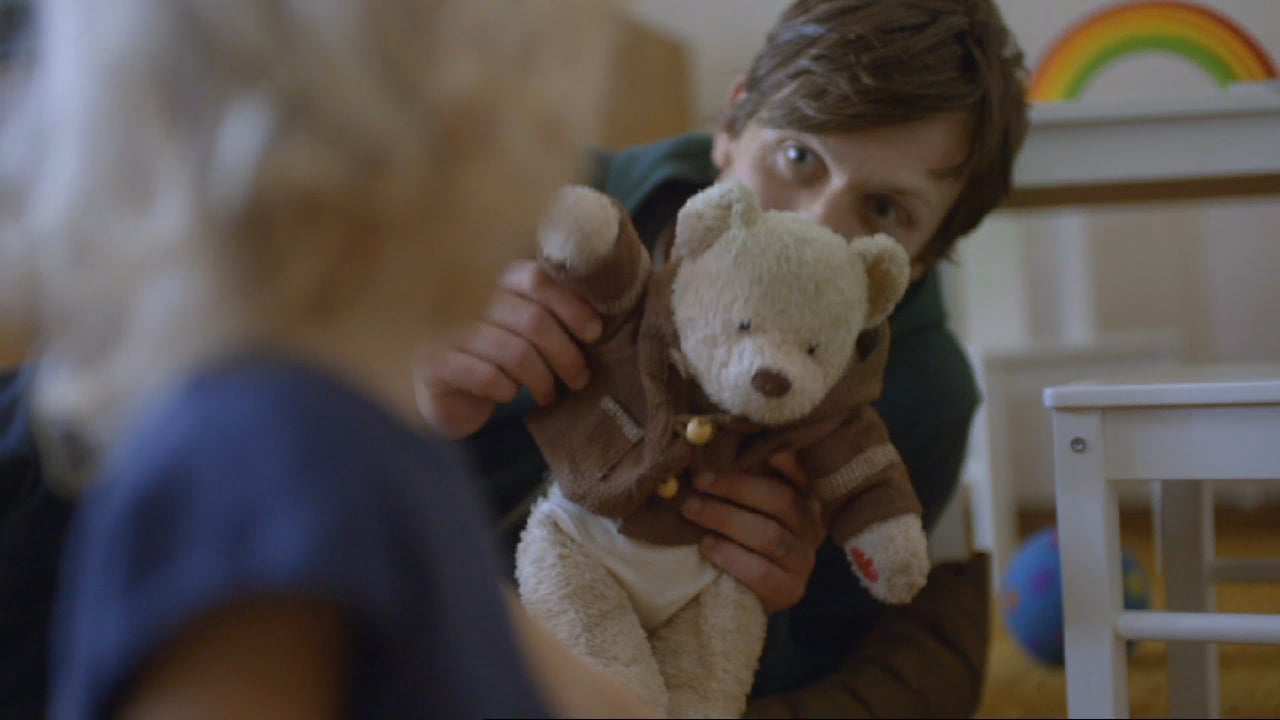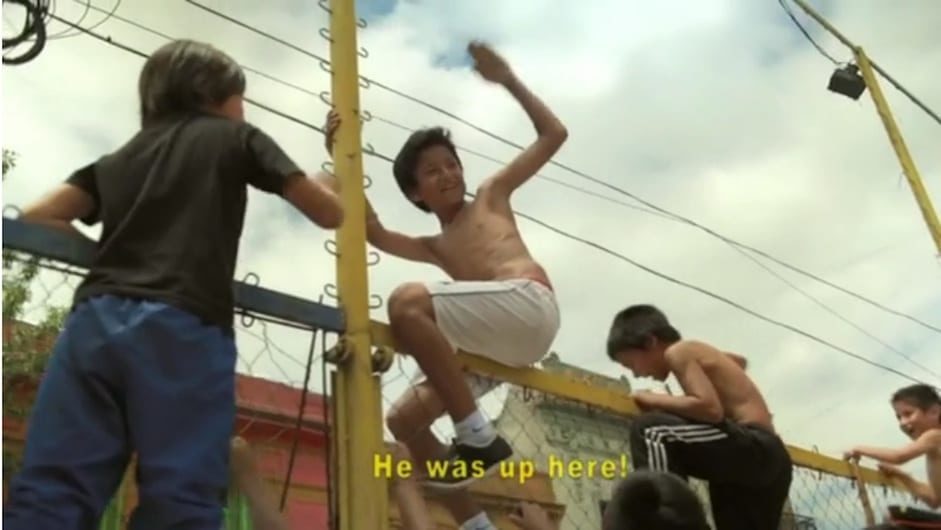Stephen Carroll’s music video for Cordrazine was top of our playlist a summer or so ago and it’s still just as good now as then, along with his stunning film for Chevy. Catch them in Related Content along with his latest line-up in spots for the Australian market. Rachael Imam catches up with the new director.
On top of your commercial work, you have a couple of short films under your belt as well as some stunning music videos (Cordrazine is just, wow). Do you see yourself drawn to one medium more than another or are you a bona fide all rounder?
I think I’ll always be drawn to film above all else. It’s where I started. I find that when things are getting a little hectic in the commercial world, I crave making a film again.
A lot of long form directors began by cutting their teeth in the advertising world. Do you think there’s a benefit in starting out like this or is it more just a way to get some money flowing in?
I can definitely see the benefit in it. I guess the advantage of commercials is that you are regularly on set, actually directing. It sounds flippant but I remember someone saying when I first started that ‘the director is more often than not the most inexperienced person on set’. I think understanding the way a crew works and how you fit into that world is pretty crucial. That relationship is pretty sacred for me. When shit hits the fan, the right crew can really save your arse. That’s coming from experience.
Being on set so much has also taught me that time is golden and no matter the budget you’ll never have enough of it. I’ve always found it bizarre when you look at how much time we spend in pre and post compared to that of production. It feels almost masochistic. It’s like we’re setting ourselves up for a shit fight, on purpose. However, what I have learnt is that when the clock is ticking and money is flying out the window, having the confidence to step back and trust that there might be another way of looking at it, to simplify, can be the best move you ever could make. Unfortunately sometimes that can only come from a pressure cooker situation. I can imagine that’s a pretty invaluable lesson to have learnt before embarking on a film.
There’s a really strong sense of narrative drive in your work, especially in spots like Odyssey House and Chevrolet. The look, the pacing, even the soundtrack makes them feel more like short films than advertisements. Do you approach directing an ad differently to how you would a film or is there some creative crossover? How do you balance the need to sell with the desire to tell a good story?
Thanks, that’s a lovely compliment. I think you have to approach it differently. Ideally, it’d be nice not to but the reality is that they are two completely different worlds. Short of the camera and crew, I really don’t see much in common with them. At the risk of sounding like a dick, I’m not really interested in selling anything. I don’t see that as my job. My role is to tell stories that people connect with in some way. Albeit sometimes with a pack shot at the end of it. Looking at it that way keeps me sane I think. It’s possible that if I was to think about selling all the time the work might start to feel self conscious and disingenuous and ultimately piss an audience off. It’s a great question though, I might ask other people what they do.
Commercials are kind of like a creative melting pot with your strengths as director finding a place amongst those of the agency and client. At what point do you let your vision take a back seat to someone else’s better idea? How long do you think it takes to develop that kind of confidence? A few years? A career? Never?
I’m willing for my vision to take a back seat to someone else’s idea instantly. There’s a lot of ego around what we do, too much is like a poison. I don’t buy into this production vs agency/client thing. The idea that production needs to ‘pull the wool over their eyes’ or ‘try and get away with something’ or ‘the production company is always right’ seems counter-productive and unnecessarily antagonistic to me.
I’ve been incredibly lucky to work with some really talented people, both agency and client, and they’ve all been incredibly trusting and collaborative and the work is better for it. Obviously, there’s always going to be disagreements and if I truly believe that it’s heading away from what we’re all working towards then I’ll pipe up and voice the concern. I think that does take a bit of time to develop. I think it’s also pretty healthy to accept that you might be wrong from time to time. I have a lot of respect for people who are passionate and driven but also have the humility accept when they’re wrong.
Do you think there’s a place for young directors to turn down a script for the sake of creativity or should they be doing as much work as they possibly can? Have you ever turned away work?
I strongly feel that there should always be a place for young directors to turn down work for the sake of creativity. We have turned away work. Obviously, it’s incredibly difficult if you’re living on bones of your ass and you just need some dollars coming in. I think if you’re lucky enough to be supported by the right production company though, that’s where they can really help. I find that your creative perspective can be skewed by the need to earn money. It’s great to have people around that have enough objectivity to let you know when it’s a stinker. Plus, if all else fails and I really had to I’m pretty sure I could remember how to pull a beer.
LLINKS:
https://stephenpcarroll.tumblr.com/
It’s tips and tricks time. What are some of the key lessons you’ve learnt over the past couple of years?
Never ever, under any circumstances whilst shooting nudity/ sex scene offer to get undressed yourself in an effort to ‘make it more comfortable’. It didn’t go down well the first time, and it certainly wasn’t received any better the second time.
